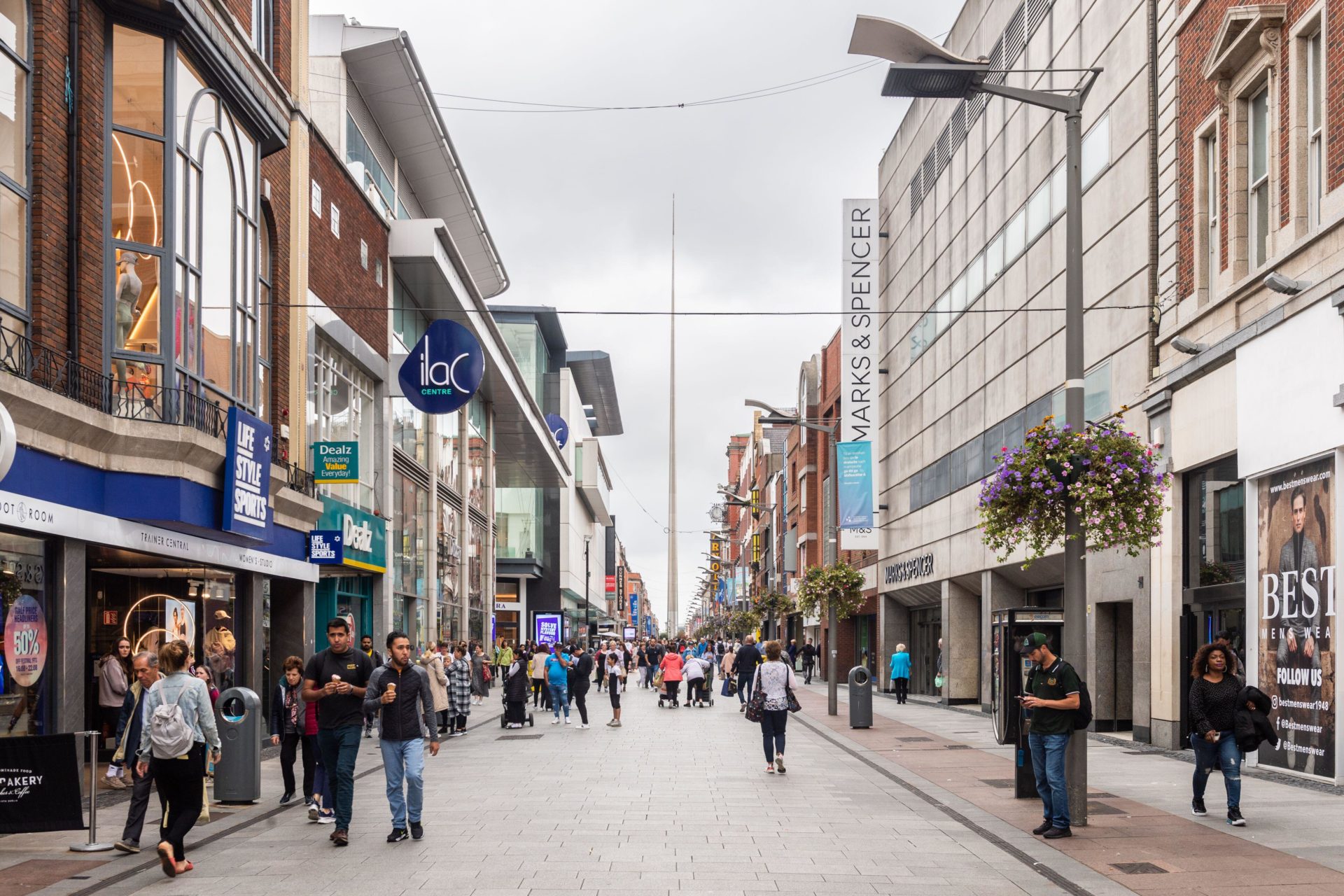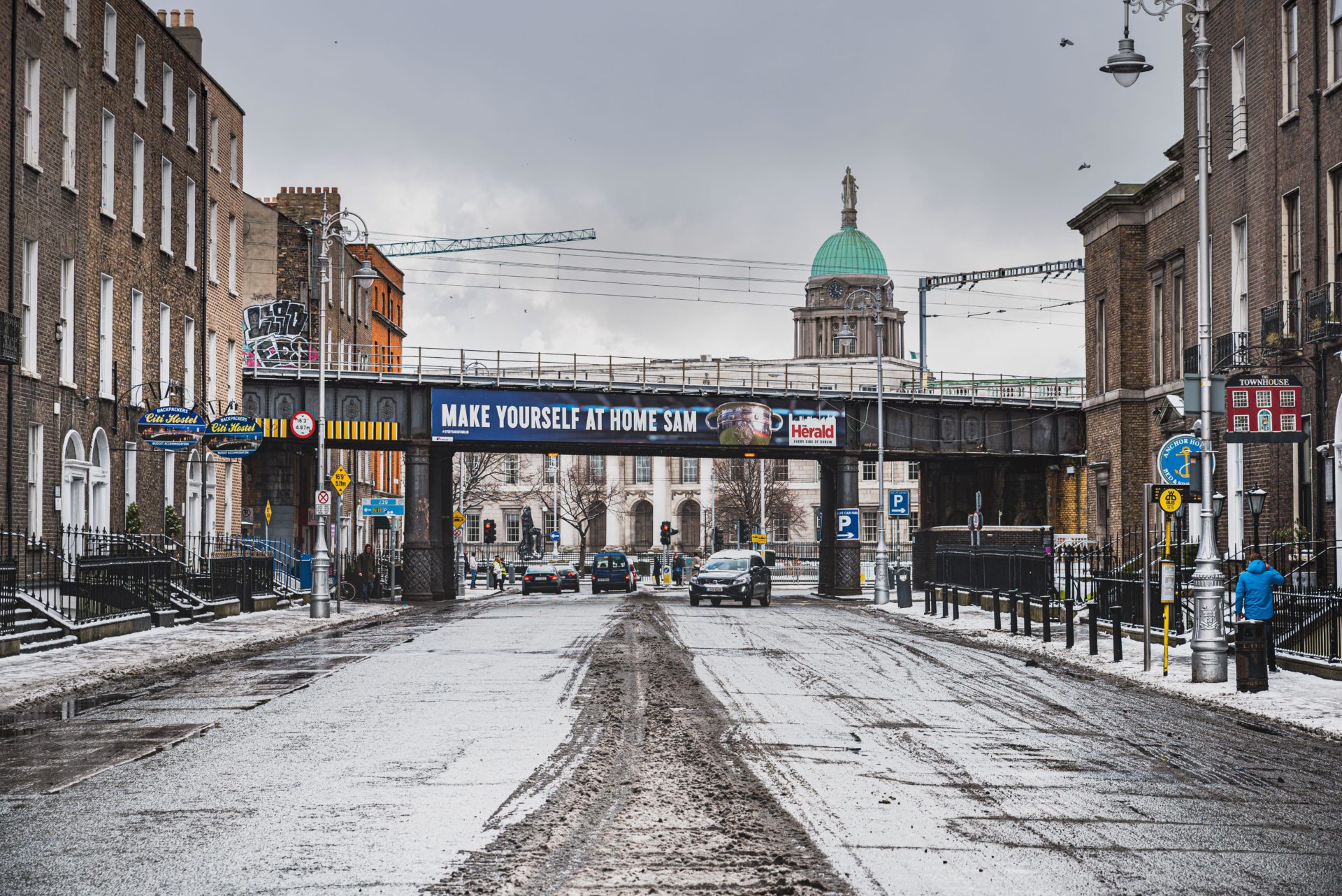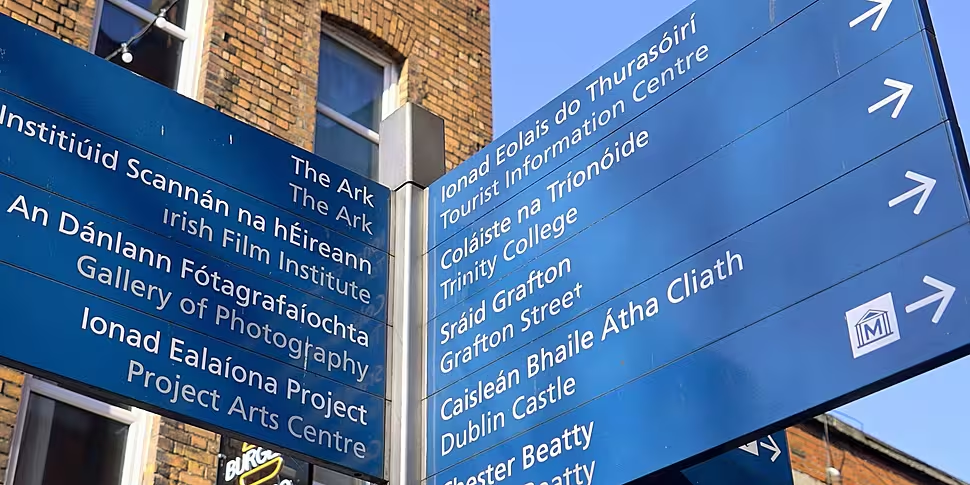A review of all the street names in Dublin could bring some of Ireland's forgotten heroes back to the city, one councillor has said.
The Green Party’s Janet Horner said she would support the plan, that was first suggested by Independent Councillor Nial Ring.
It comes amid concern that several prominent areas and streets honour British aristocrats and landlords.
A recent proposal to name a new apartment complex Gardiner Court after the former Earl of Blessington, Charles Gardiner, was rejected by councillors because he is under investigation by the National Gallery of London for alleged involvement in enslavement.
Councillor Horner told Newstalk Breakfast how the process works.
"As councillors, we get a say in what the names of new developments could be, should be," she said.
"We don't get the final say on them if they're private developments, but we do get to input into it and be part of that conversation.
"It is really interesting to consider what we are choosing to name places after.
"We have a historical legacy in Ireland of street names - a lot of them relate to large landowners, British aristocrats and various types that held positions of power in Dublin.
 Shops and people on Henry Street in Dublin city centre in August 2022. Picture by: Andy Gibson / Alamy Stock Photo
Shops and people on Henry Street in Dublin city centre in August 2022. Picture by: Andy Gibson / Alamy Stock PhotoCllr Horner said her own area is full of streets - like Gardiner Street, Grafton Street and Henry Street - that are named after British landowners.
"A recent piece of research done by Conor O'Neill would show that there's only four, maybe five, streets that are named after women, which would include things like Queen Street.
"[This] wouldn't necessarily sit with the heritage of the north inner-city - or streets like Henrietta Street, which while I think it's a beautiful name, is named after the wife of a duke".
Street name audit
She said work on an audit of all street names is already underway.
"I think huge work is actually being done in that direction already," she said.
"I know a few people who have started to compile data bases.
"There's one on Twitter actually at the moment... looking at what the origin of all the street names are.
"I think we walk the streets of Gardiner Street, O'Connell Street, Henry Street every day and we don't necessarily understand where those names came from - or we might have strong opinions on what those names could be or should be".
'We can bring people into history'
She denied this was a rewrite of history, but rather a move to including more people.
"We can bring people into history who were previously not there," she said.
"Arguably, what happened at a certain point in Irish history is that a lot of the women, certain parts of the liberation movement were erased or pushed to the margins of how we tell history.
"Maybe this is the moment that we start to bring them back in".
'Naming new places'
Councillor Horner said names for new developments going forward should be looked at carefully.
"Obviously, at the founding of the State, a lot of names were changed," she said.
"We also have the situation of how we name developments going forward.
"We can have a conversation about changing names and where that might be appropriate.
"One of the names suggested was LaTouche Bridge, which is part of the LaTouche family, and they're connected with slavery in the Caribbean.
"Potentially that's one that we could consider for changing.
 Dublin's Gardiner Street is seen during a snowfall in February 2018. Picture by: Roberto Rizzi / Alamy Stock Photo
Dublin's Gardiner Street is seen during a snowfall in February 2018. Picture by: Roberto Rizzi / Alamy Stock Photo"I think we should be open to having the conversations.
"I'm not going to individually make a movement to change LaTouche Bridge, but I think we should be aware of what some of these names [mean] and what the significance of them is.
"I think we should definitely be cognisant of it when we are naming new places.
"Sometimes in Dublin City Council we get offered incredibly bland names [like] Riverside or Cityview... that also seems a pity that we are missing the opportunity to commemorate the heritage and the history of the area more meaningfully," she added.
You can listen back here:









